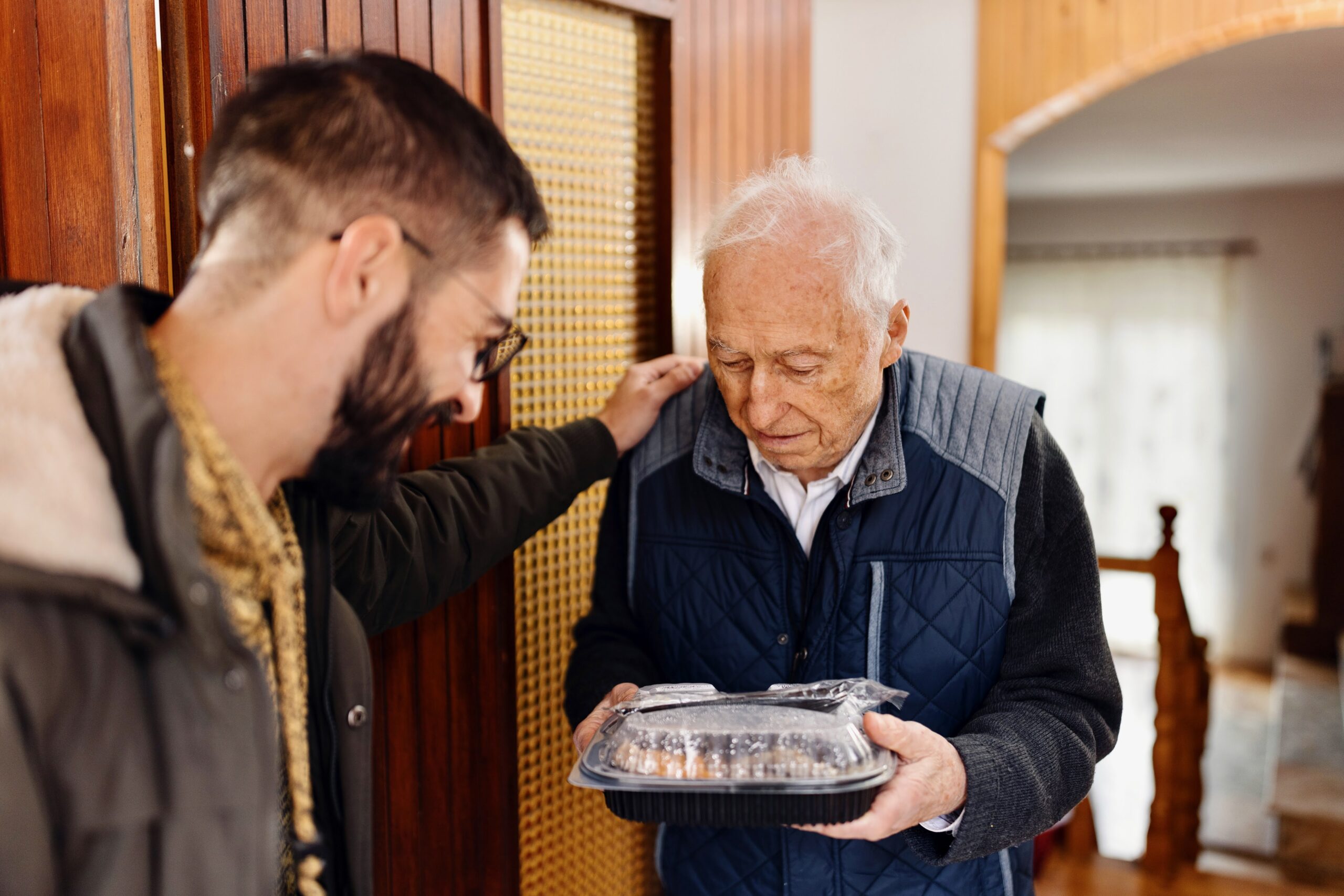Arlington, VA, March 22, 2017 – Meals on Wheels America President and CEO Ellie Hollander today issued the following statement in response to the reintroduction of a bipartisan bill to amend the Internal Revenue Code of 1986 to increase the standard charitable mileage rate for delivery of meals to elderly, disabled, frail and at-risk individuals.
I commend Senator Angus King (I-ME) and Senator John Cornyn (R-TX) for introducing the DELIVER Act of 2017 – Delivering Elderly Lunches and Increasing Volunteer Engagement and Reimbursements – on this important day, the 45th anniversary of senior nutrition programs being added to the Older Americans Act. This bipartisan legislation is intended to support the dedicated volunteers who deliver vital nutrition, social connection and safety checks to America’s most vulnerable citizens regularly and/or in times of crisis (e.g., natural disasters). Both Senators recognize the invaluable role volunteers play in keeping our seniors and other at-risk individuals healthier and more independent at home, improving quality of life and avoiding more costly healthcare alternatives.
The DELIVER Act, which is a companion bill to one introduced last year by Congressmen Barton (R-TX) and Lewis (D-GA), seeks to benefit the millions of charitable volunteers who work day-in and day-out to help care for our nation’s seniors. In most cases, these volunteers use their personal vehicles to drive often dozens or even hundreds of miles per week to make deliveries to homebound individuals but are only able to deduct the charitable mileage rate of 14 cents per mile on their annual tax returns, as opposed to the current standard business mileage rate of 53.5 cents per mile.
The charitable mileage rate – unchanged for two decades – does not nearly cover expenses associated with meal deliveries, which can range anywhere from two miles in urban areas to over 150 miles in rural parts of the country. Rather than absorb these costs, volunteers – the majority of whom are seniors on fixed incomes – are often forced to reduce the number of days they can deliver meals or suspend their volunteer service altogether, placing frail, disabled and isolated seniors at risk of losing their primary source of nutritious food and social contact. Volunteers are at the heart and soul of Meals on Wheels and other community-based programs nationwide, and as the need and demand for nutrition services continue to grow substantially across the country, we must do all that we can to retain and recruit those valued volunteers. This legislation also applies to volunteers of the many national and local charitable organizations that deliver meals and nutrition services in response to a natural disaster or other circumstance.
Meals on Wheels America urges members of the Senate to cosponsor this legislation to begin to bring about equity and fair treatment under the tax code to those volunteers whose main responsibility is to drive and deliver critical nutrition to individuals who are desperately in need. We look forward to working with the Senate Committee on Finance and the leadership in a bipartisan manner to pass this sensible reform and further recognize and support the incredible work provided every single day by America’s treasured volunteers.
Read the bill text of the DELIVER Act here.
Read the statement on the companion bill in the House here.
Press Contact:
Jenny Bertolette
Meals on Wheels America
571-339-1603
jenny@mealsonwheelsamerica.org
